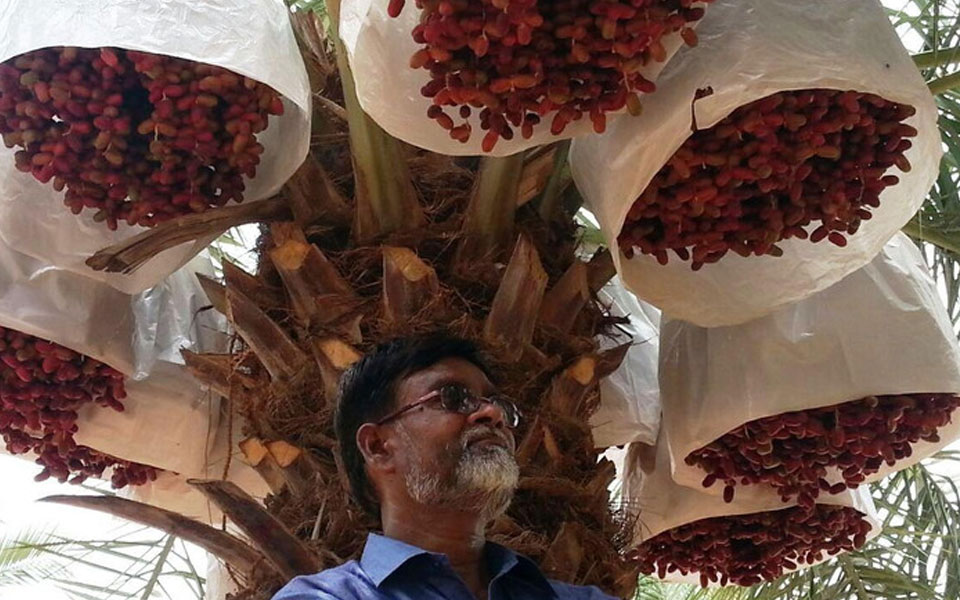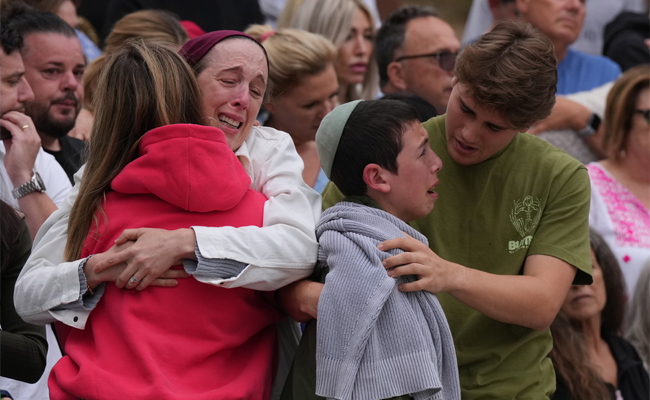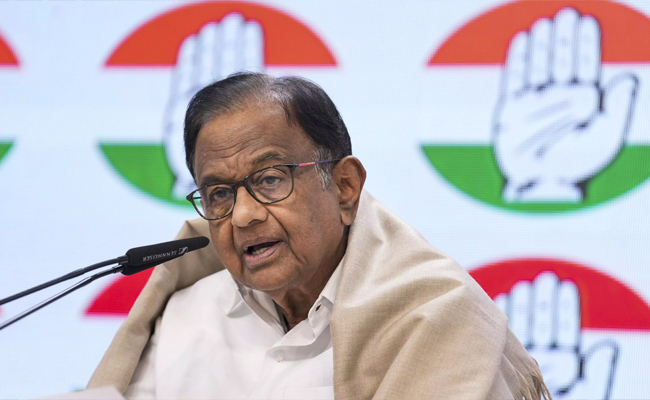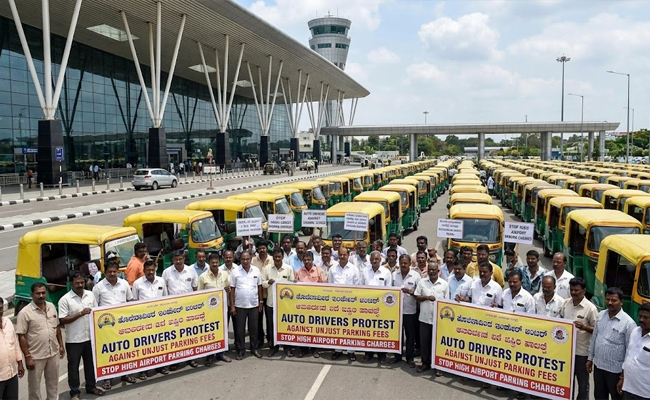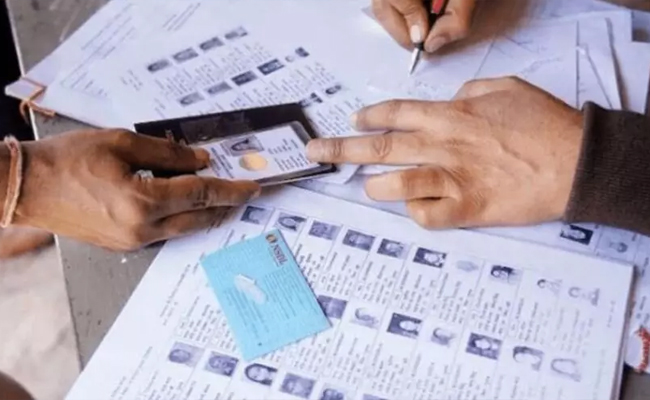In India there is a presumption that good, juicy dates are procured only in the Gulf Cooperation Council (GCC) countries. Little do we know that similar quality dates can be grown in India too.
Though the Kutch region in Gujarat, Punjab and Rajasthan are two major date-growing states, with Gujarat alone home to 2 million date palm trees, Tamil Nadu in south India is fast catching up.
Despite India being the one of the largest importers of dates in the world – around 3.5 million metric tons every year – there is good market for homegrown dates both locally and abroad.
Farm-cum-nursery
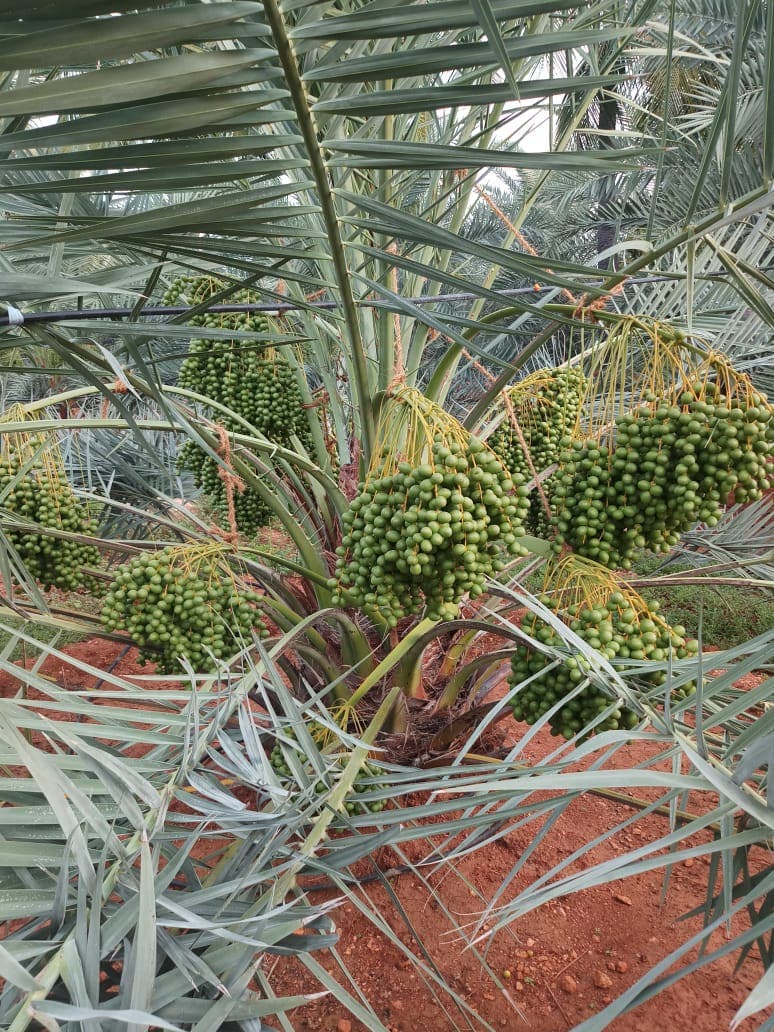
Meet Nizamuddin S., who cultivates 32 varieties of the luscious fruit as well as date palms. His farm-cum-nursery at Ariyakulam in Dharmapuri district in western part of Tamil Nadu literally bears fruits of hard labor and innovation.
The dangling cluster of dates on date palms at his farm are feast for the eyes. Owner of Saliah Dates, Nizamuddin got the idea of cultivating dates while working in Saudi Arabia.
Finest Saudi dates
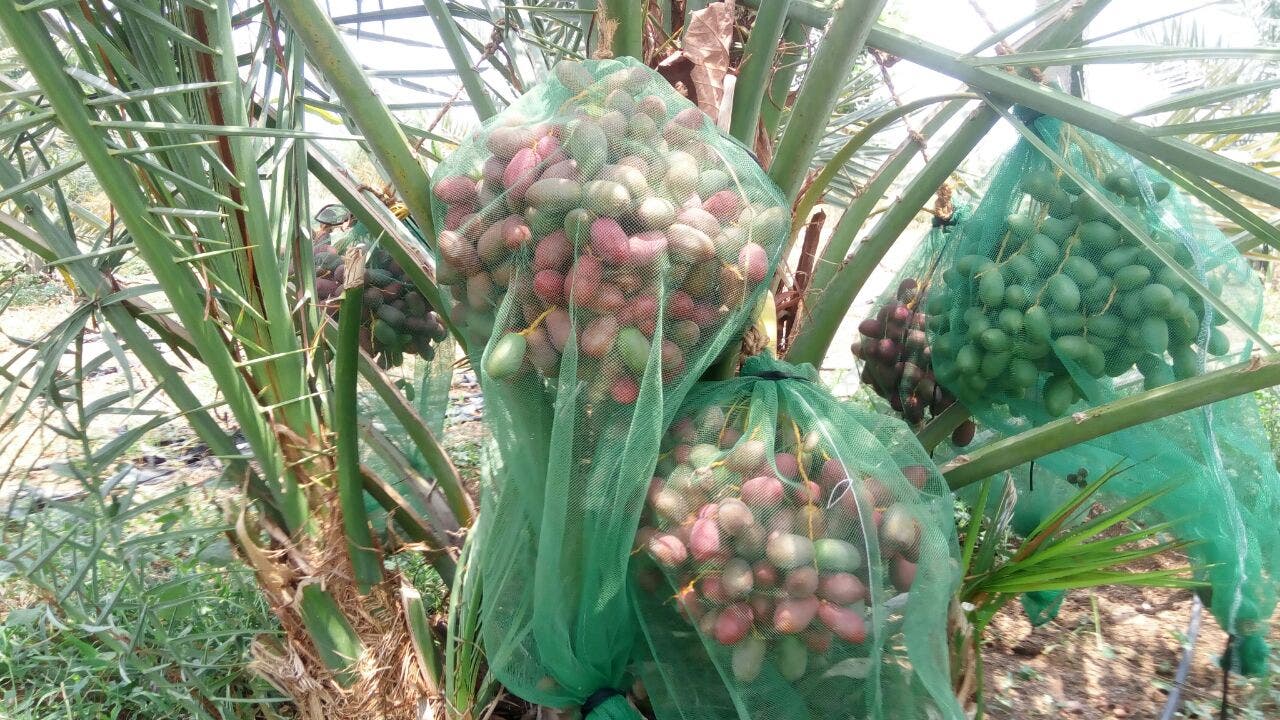
Responding to emails from Al Arabiya English, Nizamuddin said: “Saudi Arabia has the finest dates in the world. One fine day I thought why such dates cannot be grown in India? It seemed possible and I bought 100 plants for testing and the idea blossomed”.
There has been no looking back since then as his nursery-cum-farm now has more than 32 varieties of date palms. One of them is the Barhee dates, which costs Rs. 300 per kilogram. Barhee is the best variety and yields more than 200kg per plant.”
Tamil Nadu is an important state for dates in southern India. Here climate, soil and irrigation facilities in some coastal regions like Tirunelveli, Tuticorin and Ramanathpuram districts favor date palm cultivation.
Tissue culture technology
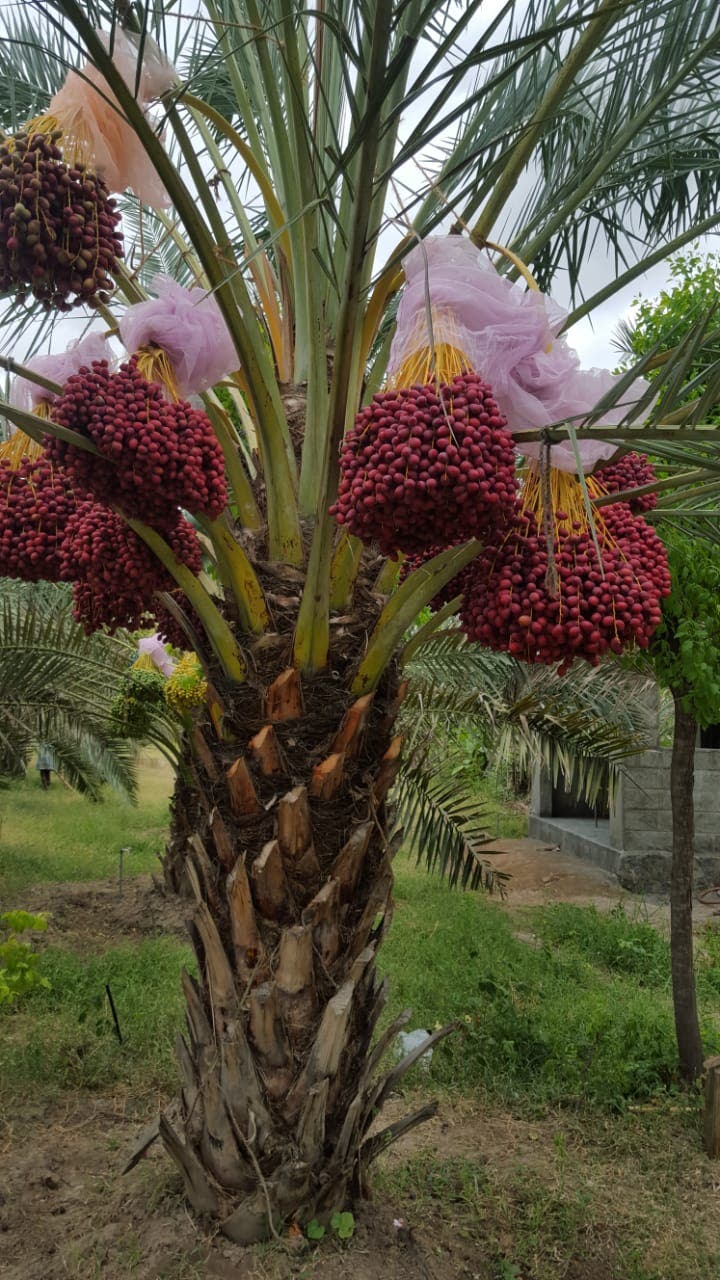
Over decades of cultivation practices followed in different regions, regenerating dates either by seeds or offshoots and trying different imported cultivars, have led to the present date fruits of great variations in size, shape, color, weight, taste and astringency.
Moreover, controlling date palm diseases using methods, which do not pollute soil, plant and products, has not been easy.
The obvious solution was to produce date palms by adopting tissue culture technology, which enables farmers to select only the best trees as every plant produced from the cut stem is genetically identical to the parent tree.
Transforming technology
Nizamuddin is aware that tissue culture can do wonders to the plantation. So he started to import tissue culture plants from abroad where such technologies have been developed.
“Twenty years ago first we tried seedlings. But there was an issue in the sense that we could not differentiate between a male and female plant. Only the female date palm can bear date fruits. But with tissue culture the plant is 100 percent female and we can get yield by 2 1/2 years”, says Nizamuddin.
“We import such plants from Abu Dhabi and sell all over India. We are soon planning to introduce new varieties. Ajwa dates are our first priority. Depending on how successful the yield is we will go for further new varieties. On the anvil are making different types of food products with dates like date syrup, chocolates, etc.”
courtesy: english.alarabiya.net
Let the Truth be known. If you read VB and like VB, please be a VB Supporter and Help us deliver the Truth to one and all.
Melbourne (PTI): Three Indian students were among 40 people injured in the terrorist attack on Sydney's Bondi Beach in Australia, according to a media report on Tuesday.
Two out of these three students are believed to be receiving treatment in the hospital, The Australia Today news portal reported.
The names of the Indian students injured during Sunday's attack have not been disclosed yet.
ALSO READ: Affront to non-Hindi speaking people: Chidambaram slams use of Hindi words in bills' names
The Indian students sustained injuries during the shooting, and their exact condition has not been formally confirmed yet, it said.
Naveed Akram, 24, and his father, 50, opened fire on a gathering during the Jewish festival Hanukkah by the Sea celebration.
At least 15 people were killed in the attack, including a 10-year-old child. Five of the injured remain in critical condition, while two injured police officers are in serious but stable condition, it added.
New South Wales Police Commissioner Mal Lanyon said the investigation is expanding as new information emerges, including international travel by the alleged attackers and the discovery of extremist material, the report said.

